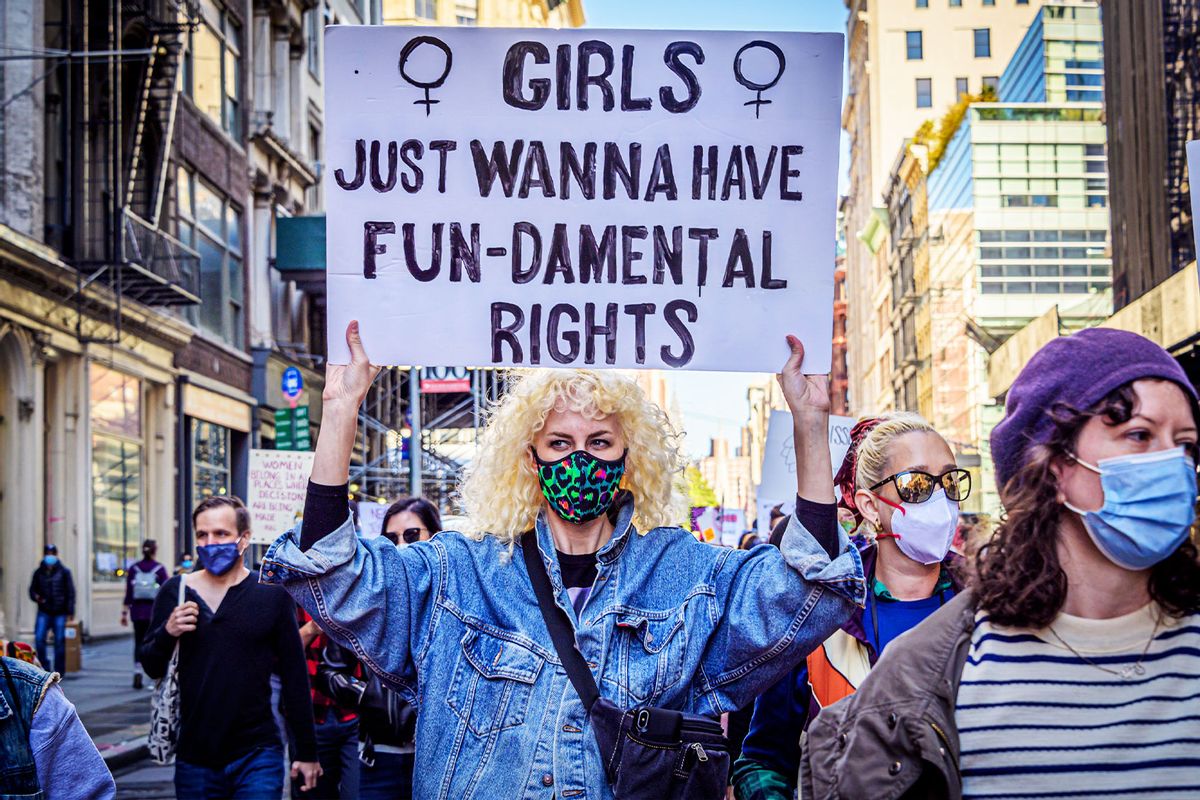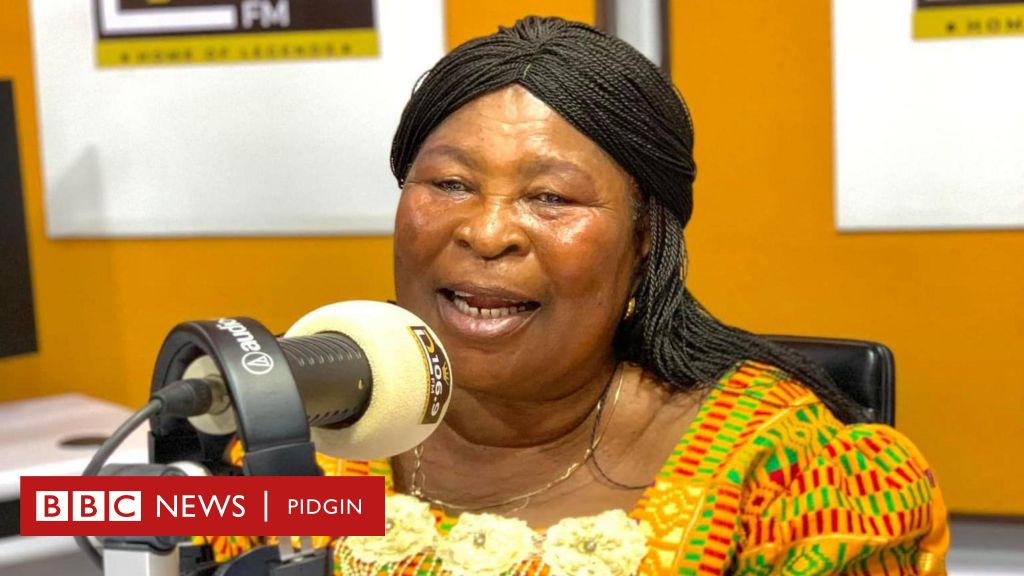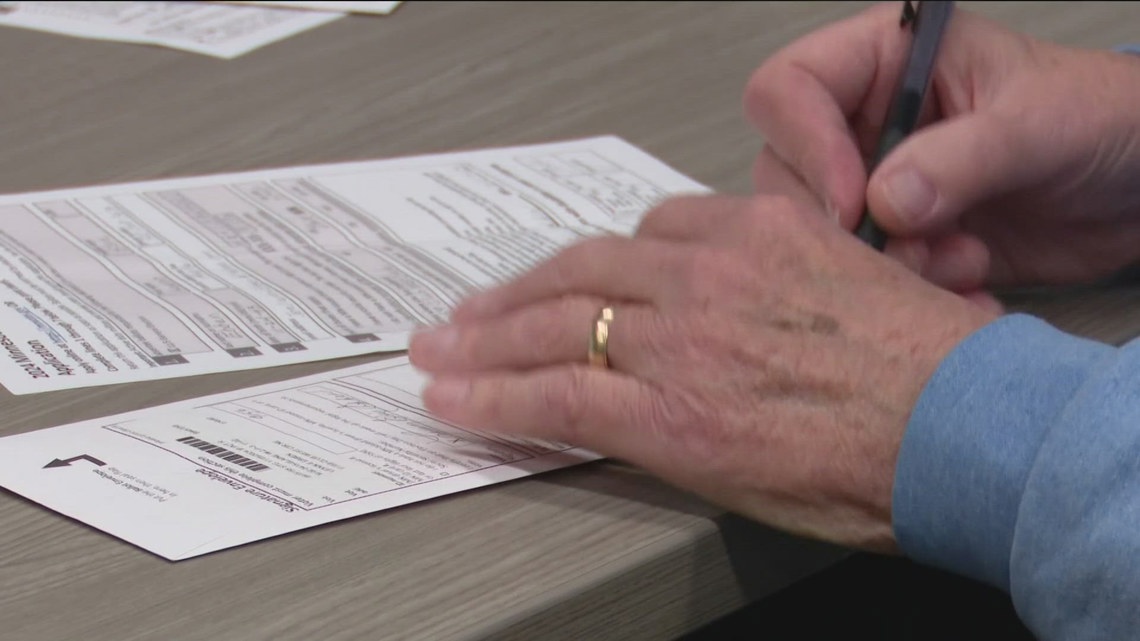Since the beginning of time, Black women have buckled up their bootstraps to join the frontline for other movements despite receiving the short end of the stick. Given the results of the 2024 election and presidential hopeful Kamala Harris’ loss, many are going back to the drawing board and reconsidering what being an ally to non-Black women looks like in the future.
Take the Women’s Suffrage Movement, for example, women like journalist Ida B. Wells, National Association of Colored Women co-founder Mary Church Terrell, Ella Baker, and a host of others fought for decades to secure the right for women to vote in the United States.
During the 2024 election, the world witnessed firsthand how the same women we once joined forces with to fight the fight came out in waves to vote for the man convicted of 34 felonies, has been on the record for spewing messages of division and promoting violence (oh how soon folks forget about the insurrection Jan. 6th).
Black women have never had an issue with being an ally for others, but the jig is up, and people dare to be upset now that they’ve said enough is enough – get someone else to join your marches and protests because we are tired of showing up for everyone else and not getting the same in return.
According to national exit polls, 53 percent of White women voted president-elect Donald Trump into office during the 2024 Presidential Election – only two percent lower than the 55 percent who voted for him in 2020.
Yet, this is the same demographic of women crying on TikTok because Black women are saying the time is up, no longer will they serve as an ally, but instead, droves of Black women have vocalized that, moving forward, they will choose to focus only on their community.
“This isn’t a loss for Black women, it’s a loss for the country,” said Waikinya Clanton, the founder of the organizing group Black Women for Kamala, during a post-election interview with The New York Times. “America has revealed to us her true self, and we have to decide what we do with her from here.”
For many, Harris’ loss during the election further solidified the sentiment that Black women have to be twice as good, not only against their white counterparts, but fellow Black men, yet they are still less likely to advance in positions that they’re often over-qualified for.
At its core, allyship is all about mutual support and solidarity. It’s simple math. When women were fighting for the right to vote, Black women joined the movement ready to lace up their bootstraps to fight for all women, no matter the race, to be able to vote. While Women’s Suffrage Movement leader Susan B. Anthony previously called for the end of slavery and for enslaved African Americans to have rights. during the movement for voting, she centered her beliefs around educated white women being the first option when it came to who she thought deserved voting rights the most. That is not allyship.
True allyship goes beyond words, it takes showing up, and during the 2024 Presidential Election , white women proved that when it comes to supporting Black women a great bulk (in this case 53 percent) of them are more talk than action.
While many were hopeful that Harris would make history just as she did when she became the first woman, the first Black, and the first Asian-American vice president, her loss also speaks volumes to the number of Black women missing from high positions in the government, despite consistently showing up in politics, both at the national, state, and local levels.
Now, that is not to say that progress has not been made, because there’s been a significant increase of Black women who have been elected to political offices since the early 1990s. In fact, data pulled since 2018, reveals that more than 3,000 Black women were holding elected office across the nation, specifically from the local government standpoint.
So what does the reconsideration of allyship look like as the world prepares for another four years where Trump will lead our nation?
“Black women, I love you harder than I ever have, and I didn’t even know that was possible, said TikTok user Ashley Whitfield following the results of the electikon. “Whatever you need to do or feel to get through this right now is the right thing. To everyone who’s not a Black woman, stop asking us for labor. We did exactly what we needed to do as a group and now we deserve to be left alone.”
Moving forward, decentering allyship looks like the rejection of being grouped into the people of color narrative that society continues to try to implement. At the end of the day, Black women have to show up for themselves because no one else is coming to do it.
RELATED CONTENT: Stunned! Donald Trump Wins Second Term As US President In Shocking Comeback












